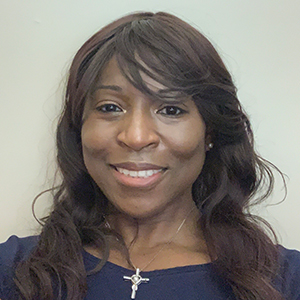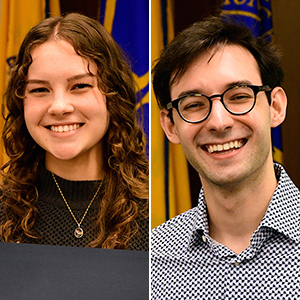Issues of racial justice have advanced to the forefront at NIEHS, as health disparities and injustice are made more visible by the pandemic, combined with the May 25 killing of George Floyd by members of the Minneapolis police force. In response, the institute’s leaders launched a broad effort to address racial and environmental justice, and inequities in the scientific workforce.
 Racial injustice is intertwined with environmental health disparities, and both topics are a priority for NIEHS leadership.
Racial injustice is intertwined with environmental health disparities, and both topics are a priority for NIEHS leadership.NIEHS and National Toxicology Program (NTP) Director Rick Woychik, Ph.D., declared his intention in a June 19 note to employees, in recognition of Juneteenth. “I want to reinforce my commitment that NIEHS will continue to have workforce diversity as a top priority, along with research and outreach on health disparities,” he wrote. “I strongly believe that we need to be collectively working on changing the culture at the institute and bring about lasting change.”
One NIH
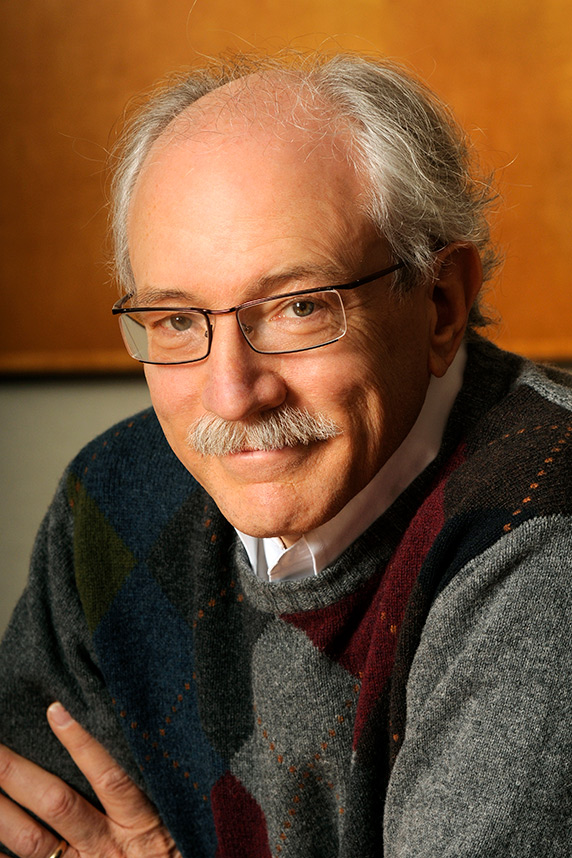 “This is the moment to personally take action and foster a culture of inclusion, equity, and respect,” said Woychik on the occasion of #shutdownSTEM June 10. (Photo courtesy of Steve McCaw)
“This is the moment to personally take action and foster a culture of inclusion, equity, and respect,” said Woychik on the occasion of #shutdownSTEM June 10. (Photo courtesy of Steve McCaw)Woychik’s top priority as director aligns with the June 1 request from National Institutes of Health (NIH) Director Francis Collins, M.D., Ph.D. “I call on myself and everyone at NIH to do what we can to ensure that we foster a culture of inclusion, equity, and respect for one another, and that justice will endure,” wrote Collins.
Throughout NIEHS, staff have joined listening sessions, sharing painful experiences and brainstorming ways to make permanent culture change happen. At an all-hands meeting June 10, the suggestion was made to launch a new lecture series in honor of former NIEHS Director Kenneth Olden, Ph.D. (see top sidebar).
Woychik took the recommendation to NIEHS senior leaders, and on July 15, he announced a new annual distinguished lecture for scientists from underrepresented groups. Olden himself will deliver the first talk in September, using a virtual interface.
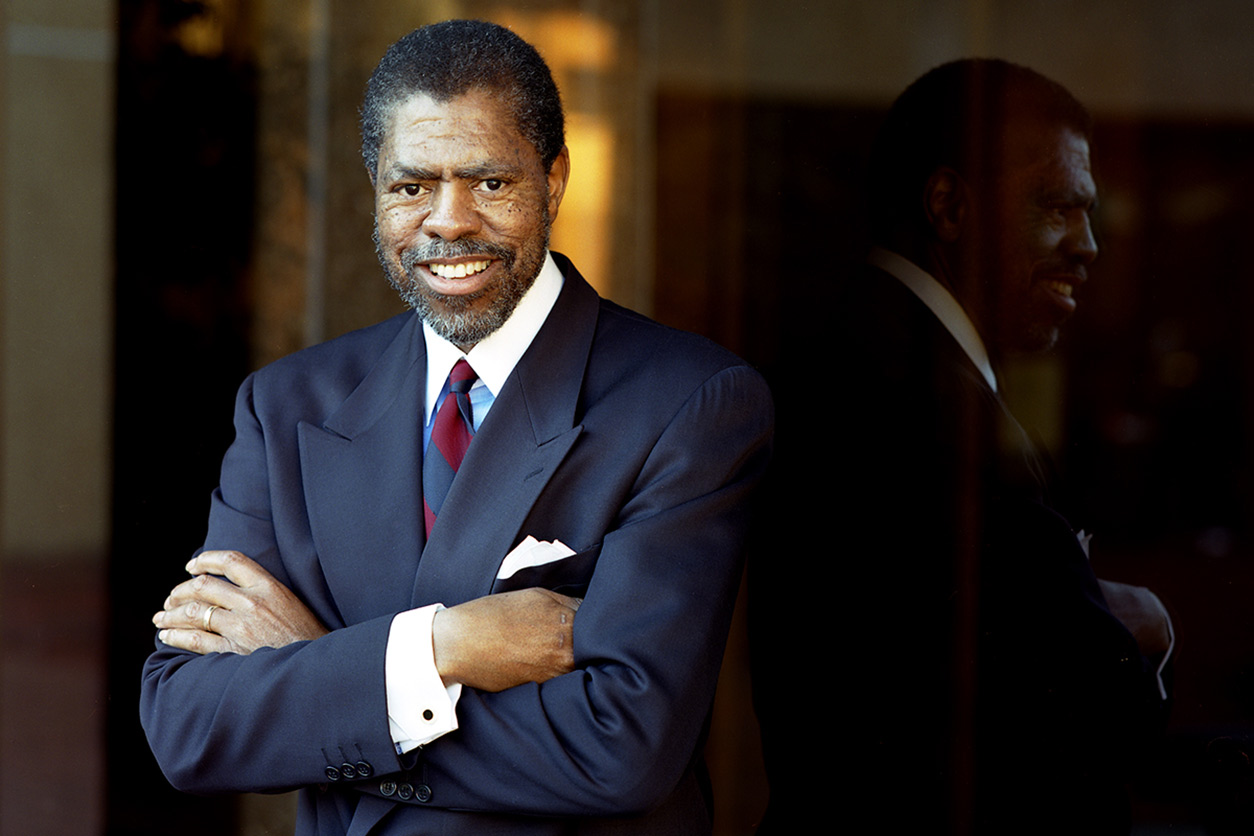 Olden served NIEHS and NTP director from 1991 to 2005. He later founded the City University of New York School of Public Health at Hunter College and led the U.S. Environmental Protection Agency National Center for Environmental Assessment. (Photo courtesy of Steve McCaw)
Olden served NIEHS and NTP director from 1991 to 2005. He later founded the City University of New York School of Public Health at Hunter College and led the U.S. Environmental Protection Agency National Center for Environmental Assessment. (Photo courtesy of Steve McCaw)Woychik stressed that the NIEHS commitment to addressing discrimination and inequality of opportunity at the institute is long term. “We are listening to a broad base of constituents and coming up with a comprehensive plan to take specific actions,” he explained. “We are going to do things that embrace the concept of anti-racism and that will have a lasting impact.”
Build on strengths
The NIEHS 2018-2023 Strategic Plan builds on the previous five-year plan, and carries forward programs that began in the 1990s under Olden. The plan’s Theme Two: Promoting Translation — Data to Knowledge to Action includes a goal that speaks to environmental health disparities and environmental justice: “NIEHS remains committed to uncovering the exposure burdens that combine with other social determinants of health, such as age, gender, education, race, and income, to create health disparities, as well as working to ensure environmental justice.”
Theme Three: Enhancing EHS Through Stewardship and Support recognizes the value of a diverse workforce in environmental health and other sciences. NIEHS is poised to build on these strategic priorities as it moves to make change.
Outreach to students
A tangible example of the institute’s work to increase diversity in the scientific workforce is the NIEHS Scholars Connect Program (NSCP), which enters its ninth year in August. NSCP introduces local undergraduate students to environmental health science, to help diversify the scientific workforce.
Ericka Reid, Ph.D., director of the NIEHS Office of Science, Education and Diversity (OSED), said her office reaches out to community colleges and universities in the greater Research Triangle Park area. She described a renewed focus on historically black colleges and universities (HBCUs), called HBCU-Connect.
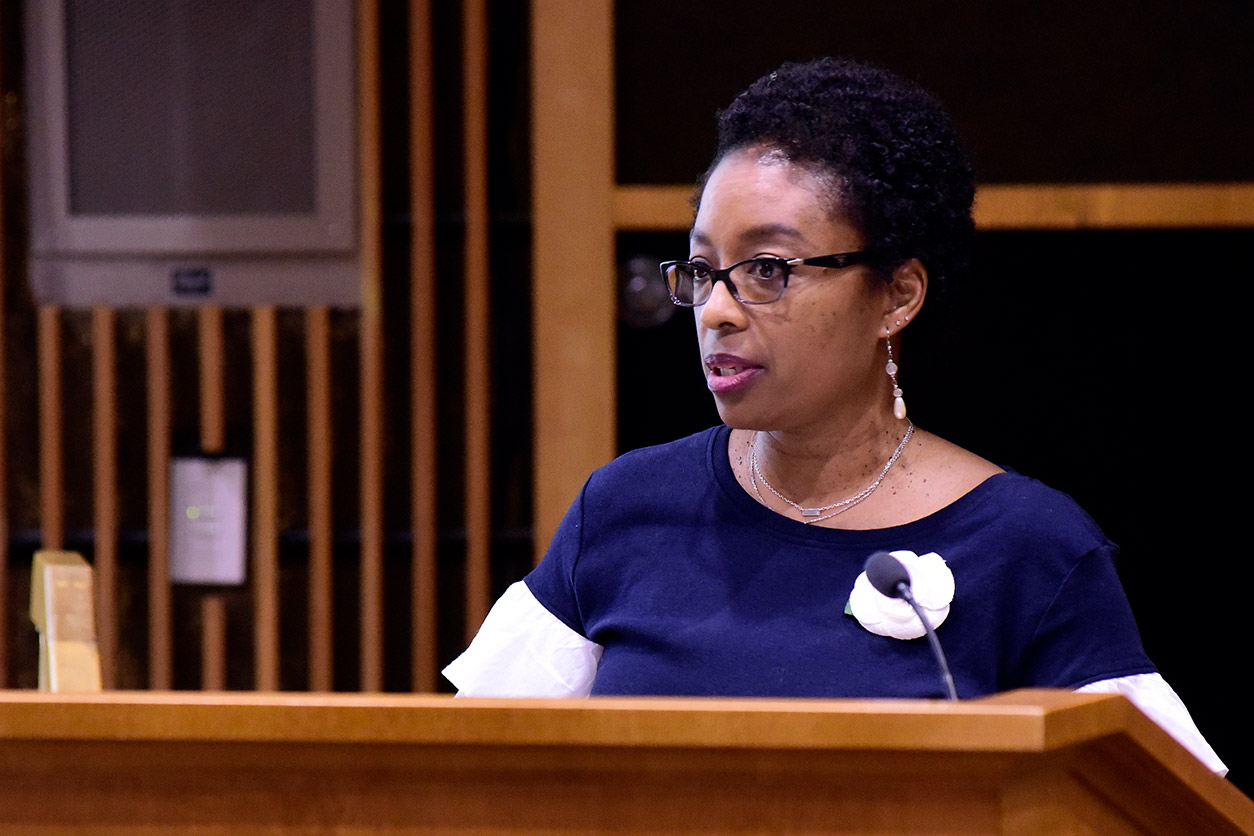 Reid co-chairs the North Carolina Women of Color Research Network and hosts the NIEHS Diversity Speaker Series. (Photo courtesy of Steve McCaw)
Reid co-chairs the North Carolina Women of Color Research Network and hosts the NIEHS Diversity Speaker Series. (Photo courtesy of Steve McCaw)Although the pandemic complicates plans for HBCU-Connect, the program will begin this year by contacting freshmen and sophomores at North Carolina Central University in nearby Durham. “We want to enhance students’ awareness of environmental health and support their preparation for our summer intern program, and NSCP when they are juniors and seniors,” she said.
Reach new goals
NIEHS leadership is explicitly committed to supporting trainees, employees, or contractors who experience discriminatory actions or statements. Acting Deputy Director Gwen Collman, Ph.D., said discussions are happening in forums, such as all-hands meetings, one-on-one conversations, and branch-level listening sessions.
“Lots of really interesting ideas are coming in through the director’s anonymous suggestion box,” she said. “Others are emailing him, being very authentic about their concerns and suggestions for top priorities.”
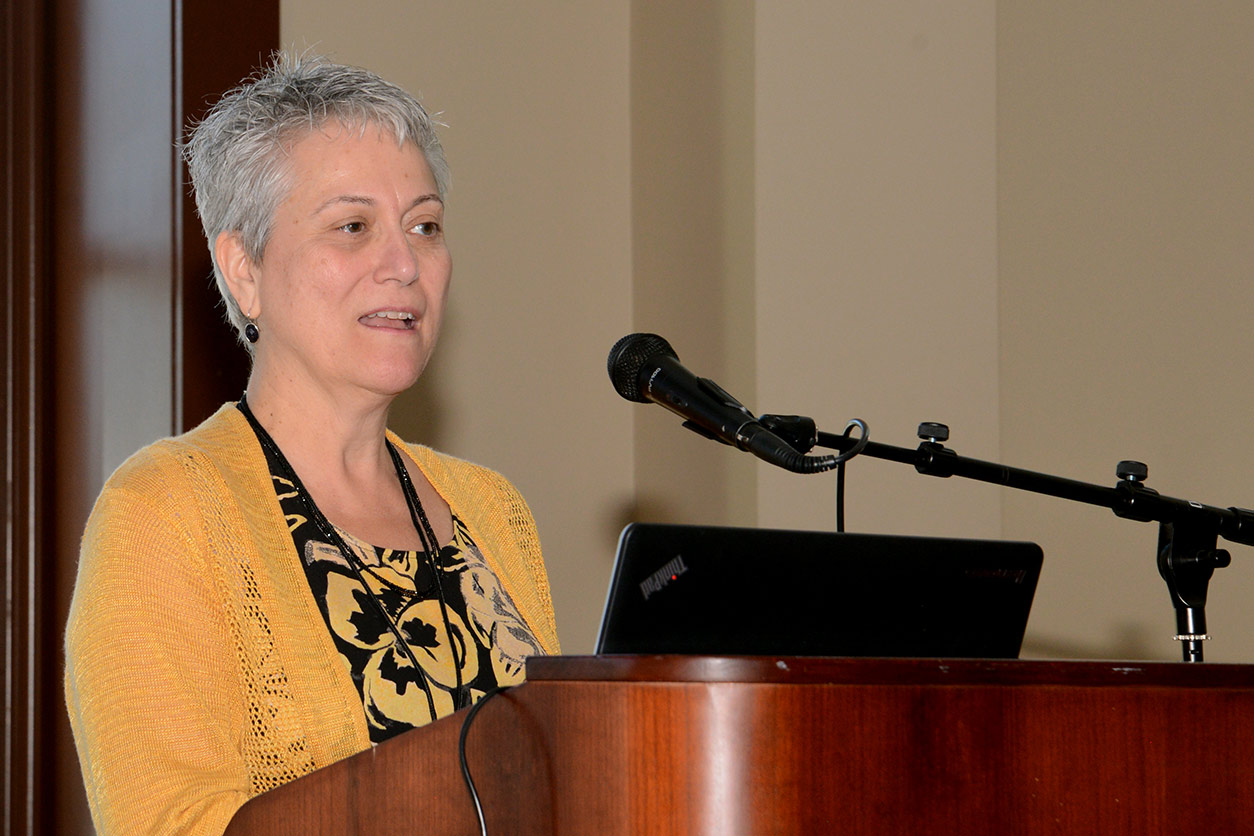 “We want to create priorities by hearing from everyone,” said Collman, shown above as she delivered the second Kenneth Olden Lecture at Tuskegee University in September 2019. (Photo courtesy of Tuskegee University)
“We want to create priorities by hearing from everyone,” said Collman, shown above as she delivered the second Kenneth Olden Lecture at Tuskegee University in September 2019. (Photo courtesy of Tuskegee University)Woychik characterized Collman’s role as a facilitator for change. Seeking racial justice is fast becoming part of how the institute carries out its mission, from internal operations to grant funding and outreach. “Building partnerships and having dialogue, to hear what people have to say, is part of the work we are doing,” she said.
In future months, the Environmental Factor will continue covering this topic with stories on more specific subjects, such as trainees’ experiences, equity in grant awards, health disparities, school outreach efforts, and more, so stay tuned.






